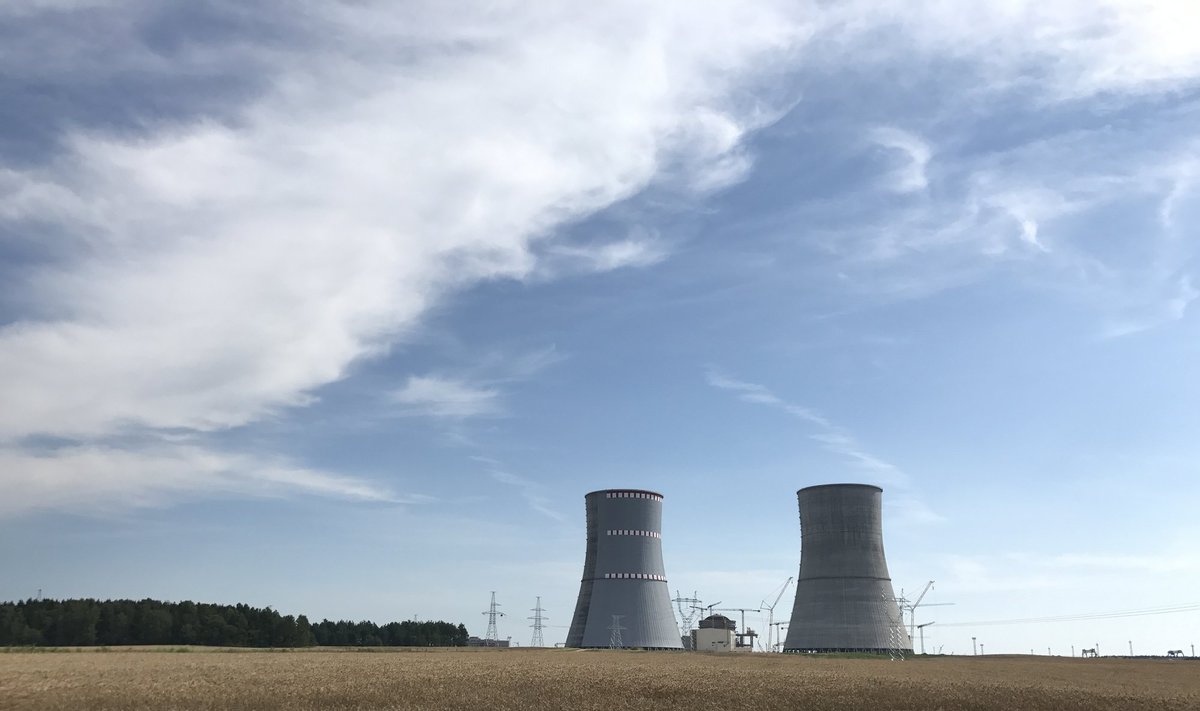The Lithuanian leader voiced his hopes on Monday that technical arguments would convince Latvia and Estonia that such power purchase would not provide economic benefit and would undermine the goal of synchronizing the Baltic power networks with those of Western Europe by disconnecting from the Russian BRELL ring.
"The devil is in the detail, and there are many things linked to the technical side of this matter and they could show that buying electricity from Astravyets, if such production starts, is in no way more beneficial economically, but is detrimental geopolitically and in terms of the implementation of the synchronization project," Nauseda told journalists in Vilnius.
"I do believe the whole center of gravity should move from the political level to the lower level where ministers and energy experts would very clearly explain the whole chain of decisions or consequences that might be related to this, as yet, limited solidarity, and then we should let our partners decide," Nauseda said.
The Lithuanian government says Belarus is building the nuclear facility close to its border in violation of safety standards and has called for blocking power imports from this power plant.
Neighboring Latvia disagrees and says such a blockade would increase power prices and pose threat to the security of energy supplies. Therefore, the possibility still exists that electricity could enter the Baltic market via Russia and Latvia.
Nauseda said on Monday "today it would really be premature to consider something as finally decided or finally emerged clarity".
"At the political level (…) both the Belarusians and partners in the Baltic states and the EU are informed about our principled decision not to buy, and then the question is that even if such an atomic facility starts operating, what its economic model and economic feasibility would be," Nauseda said.
